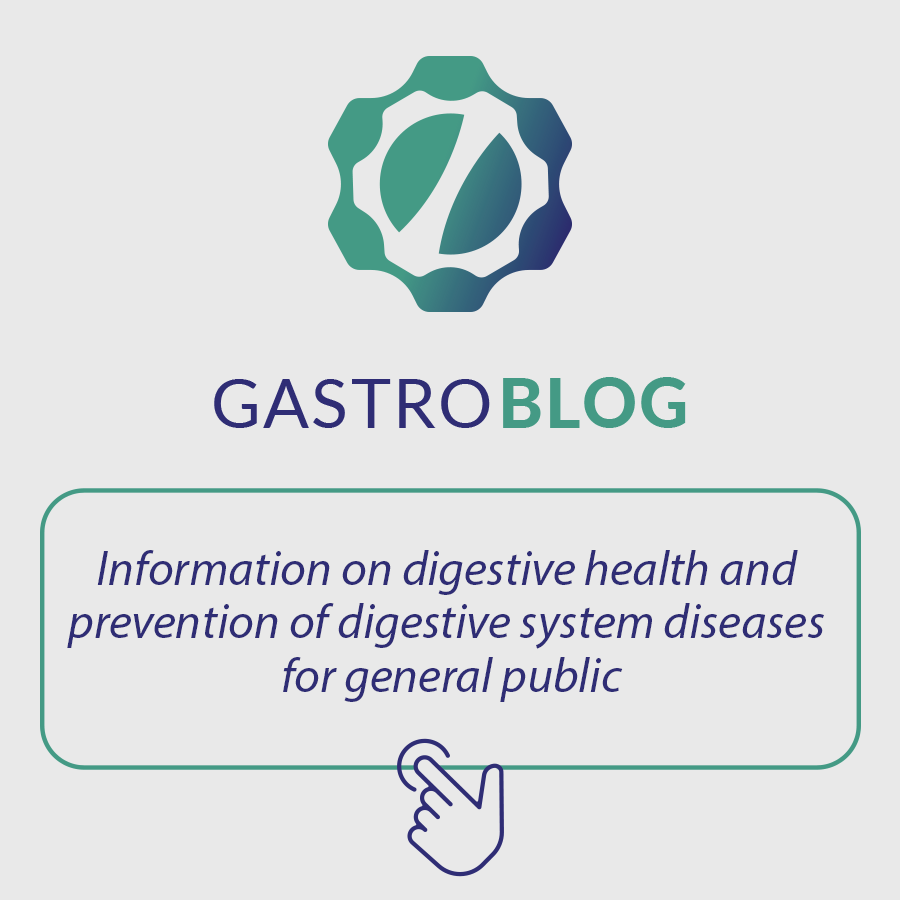Vertical Gastrectomy (VG) has quickly become the most performed bariatric surgery in the world. However, little is known about long-term results when compared to Roux-en-Y Gastric Bypass (RYGB).
In August 2022, an article was published in JAMA Surgery with the results of 10 years of follow-up of SLEEVEPASS, a randomized study comparing VG and RYGB. In this post, we will comment on the findings of this article.
Introduction
Vertical Gastrectomy already represents more than 60% of bariatric procedures performed in the USA and worldwide. Its long-term follow-up results are still unknown. Recent studies have shown a high incidence of GERD and even Barrett’s Esophagus.
The SLEEVEPASS trial showed equivalent results for both techniques in terms of weight loss, diabetes control, complications, and quality of life in the 5 and 7-year follow-ups.
Methods
A prospective multicenter randomized clinical study conducted in Finland from March 2008 to June 2010 with 240 patients with BMI > 40 or > 35 associated with comorbidities. In relation to the initial protocol, an addendum was made for the 10-year study including the performance of upper digestive endoscopy.
The primary outcome was weight loss through the calculation of excess weight loss (%EWL). The secondary outcomes were remission of comorbidities, quality of life, postoperative morbidity, and mortality. For this 10-year analysis, there was a special focus on reflux-related outcomes, with symptoms, esophagitis, and Barrett’s esophagus.
Results
Of the 238 patients initially allocated to the study, 193 completed 10 years of clinical follow-up and 176 the endoscopic.
- Weight loss
The weight loss through %EWL was 43.5% for VG and 51.9% for RYGB. Despite a difference of 8.4% for RYGB, after imputing missing data in the analysis, the results were similar. Regarding weight regain, it was 35% for VG and 24.7% for RYGB, without statistical significance.
- GERD and Endoscopy
The prevalence of esophagitis was significantly higher in the sleeve than in the bypass, with 31% vs. 7%, respectively (p < 0.001). Patients in the VG group also had significantly more use of PPI (64% vs. 36%, p < 0.001), worse reflux-related quality of life score (10.5 vs. 0.0, p < 0.001), and more reflux symptoms than those in the RYGB group.
- Remission of comorbidities
Diabetes remission was seen in 26% of those who underwent sleeve and 33% of the bypass, with no statistical difference. There was also no difference in fasting blood glucose and glycated hemoglobin values between the groups in the 10-year follow-up.
Dyslipidemia was only in remission in 19% for VG and 35% for RYGB, without statistical significance. Regarding arterial hypertension, only 8% of those who underwent VG were without medication in the 10-year follow-up, while 24% of those who underwent RYGB (p = 0.04).
- Quality of life
Measured through the Moorehead-Ardelt score, the quality of life in 10 years significantly improved for both groups compared to the beginning of the study. There was no difference between the techniques.
- Morbidity and mortality
For the analysis of the 10 years of studies, all complications occurring between 30 days and 10 years were evaluated cumulatively. The rate of severe complication (Clavien-Dindo >= IIIb) was 15.7% for VG and 18.5% for RYGB (p = 0.57). Most of the sleeve reoperations were due to GERD and the bypass ones were due to internal hernia.
Discussion
The results of this 10-year comparative analysis between Sleeve and Bypass show that both techniques resulted in significant and sustained weight loss. There was no significant difference in the improvement of comorbidities, except for HAS, whose remission was superior in the bypass group.
The weight loss trajectories for VG and RYGB were consistent over the 5, 7, and 10-year follow-up periods. When analyzed together with another large trial (SM-BOSS), the bypass showed superior weight loss through the loss of excess BMI, despite there being no statistical difference in the trials separately.
Use of PPI, esophagitis, and reflux symptoms were significantly more frequent in VG compared to RYGB. However, Barrett’s Esophagus was equally uncommon (4%) in both groups, compared to alarming results published in other studies, which reached 17% of Barrett after Vertical Gastrectomy.
This is important considering the growing prevalence of obesity in the world and the large proportion of VG performed, which could impact a higher risk of Barrett and Esophageal Adenocarcinoma in the long term. Another recent study with 10.5 years of follow-up showed a 4% incidence of Barrett. This discrepancy in the results may be due to variability in the diagnostic criteria for Barrett, selection bias in cases submitted to endoscopy in smaller studies, or even population differences.
An important limitation of this study was the lack of criteria for analyzing reflux at the beginning of the study, considering symptoms, questionnaires, and endoscopy only in the long-term follow-up.
Conclusions
In 10 years of follow-up, the excess weight loss was superior in Bypass compared to Sleeve. There was no statistical difference in the remission of comorbidities, except for hypertension.
The cumulative incidence of Barrett’s Esophagus was much lower than reported in other studies, but symptoms of reflux, use of PPI, and diagnosis of esophagitis were significantly more prevalent after Vertical Gastrectomy, reinforcing the importance of GERD evaluation in the preoperative period for adequate patient selection and procedure choice.
Reference
Salminen P, Grönroos S, Helmiö M, Hurme S, Juuti A, Juusela R, Peromaa-Haavisto P, Leivonen M, Nuutila P, Ovaska J. Effect of Laparoscopic Sleeve Gastrectomy vs Roux-en-Y Gastric Bypass on Weight Loss, Comorbidities, and Reflux at 10 Years in Adult Patients With Obesity: The SLEEVEPASS Randomized Clinical Trial. JAMA Surg. 2022 Aug 1;157(8):656-666. doi: 10.1001/jamasurg.2022.2229. PMID: 35731535; PMCID: PMC9218929.
How to cite this article
Dantas ACB,. Vertical Gastrectomy and Roux-en-Y Gastric Bypass. Is there a difference in long-term results? Gastropedia; 2022. Available at: gastropedia.com.br/surgery/obesity/vertical-gastrectomy-and-roux-en-y-gastric-bypass-is-there-a-difference-in-long-term-results
Cirurgiã do Aparelho Digestivo pelo HC-FMUSP – RQE 95665
Certificada em área de atuação em Cirurgia Bariátrica – RQE 956641
Membro Titular CBC, CBCD e SCBCM


